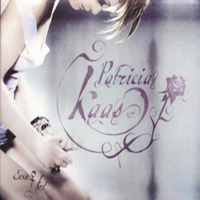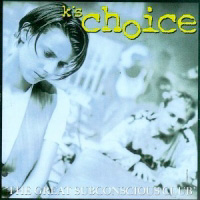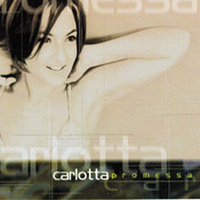 Patricia Kaas
Patricia Kaas
Sexe Fort (Sony Music, France)
by Michael McCarthy
Patricia Kaas made her big screen acting debut playing a jazz singer opposite jewel thief Jeremy Irons in 2002’s And Now… Ladies & Gentleman. The bilingual (French/English) film was directed and co-written by Claude Lelouch, and earned her many accolades. The same could be said for Kaas’ bilingual companion album, Piano Bar. I was in attendance when she gave a passionate performance of that album and a collection of her greatest hits at Universal Ampitheatre in Los Angeles in early 2003. It seemed she was striving for global popularity and some feared her next album would be entirely in English.
Wrong. Kaas quickly returned to her roots as a jazz and blues-influenced French pop diva, releasing the new studio album, Sexe Fort, late last year (on the same date Mylène Farmer released her Remixes disc, no less). It seems she knows what she does best – and that’s belt out emotional songs en français.
The title of the album is somewhat mysterious. Literally, fort means strong or hard. And sexe, well, that doesn’t require any translation. The international symbol for female appears between the two words on the album cover, furthering the intrigue. Is she talking about rough sex? Is she saying that women are the stronger sex? Simply declaring herself a strong woman? Most of the lyrics would seem to be about loving and the pain that love can cause, so she’s probably just stating that a woman has to be strong to love. A clever way to go about it, though. Of course, Kaas has once again failed to write her songs herself, relying on seasoned veterans like Jean-Jacques Goldman, Pascal Obispo, and Etienne Roda-Gil. This isn’t the generic stuff of Celine Dion, however. That much is clear from the opening track, “Ou sont les hommes” [“where are the men?”]. It starts off subtle and immediately calls to mind Duran Duran’s haunting “Come Undone.” But it finishes loud and proud with heavy guitars, Kaas’ voice never sounding stronger – and, dare I say, angrier – as she begs to know where the real men are. She sounds similarly fed up on most of the disc. Even on the subtle, softer “C’est les femmes qui mènent la danse,” she’s proudly declaring it’s the women who bring the dance, that it’s “l’enfer et le paradis” [“hell and heaven”] to be a woman. Lyrically, it’s Madonna’s “What It Feels Like For A Girl,” but with a biting, brutal honesty. Maybe she is saying that women are the stronger sex. Whatever she’s saying, she sings with a courage and conviction we used to see in jazz singers like Billie Holiday and Nina Simone, and that’s rare today, so should not be overlooked.



